Premium Only Content
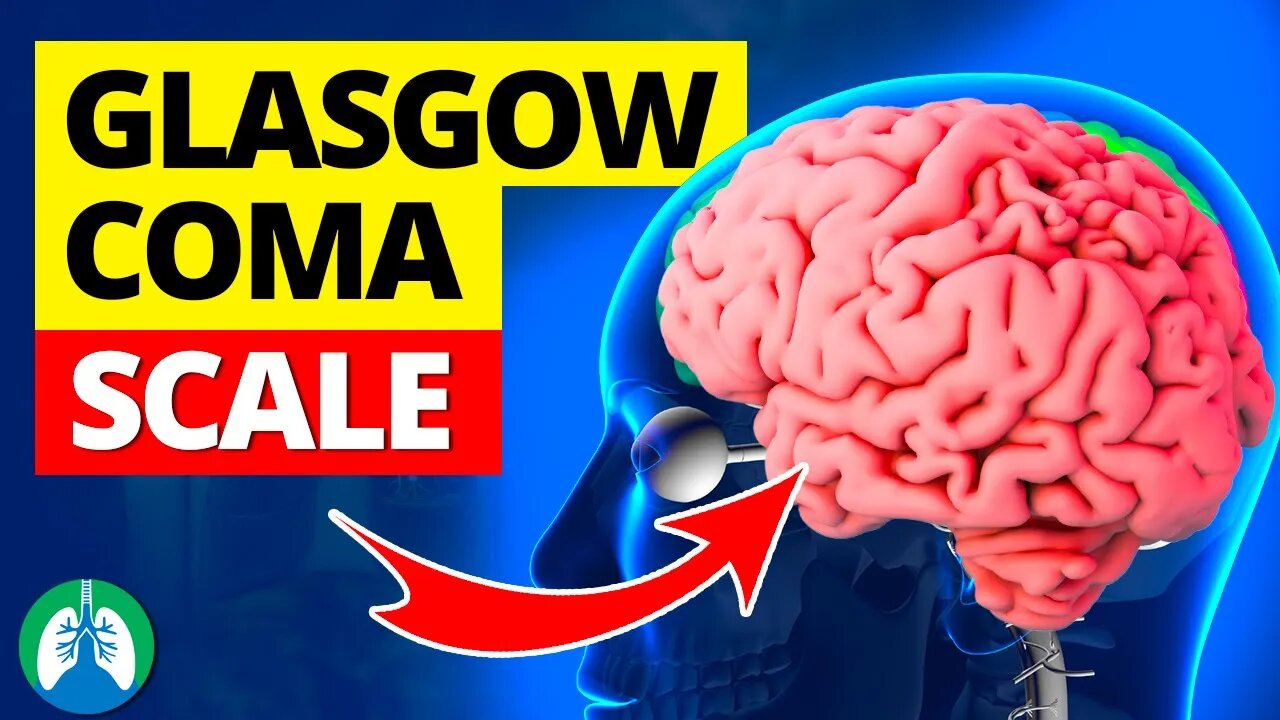
Glasgow Coma Scale (GCS) *MADE EASY* 🧠
What is the Glasgow Coma Scale (GCS)? This video covers the medical definition and provides a brief overview of this topic.
💥Respiratory Therapy Definitions [Glossary] ➜ ➜ ➜ https://bit.ly/3g6s4Pj
➡️Glasgow Coma Scale
The GCS is used to measure the patient's responsiveness in three areas:
1. Eye opening: The patient's ability to open their eyes spontaneously or in response to verbal or physical stimuli.
2. Verbal response: The patient's ability to speak or make sounds in response to questions or commands.
3. Motor response: The patient's ability to move in response to stimuli, such as withdrawing from painful stimuli or following simple commands.
Each of these areas is scored on a scale from 1 to 5 or 6, depending on the specific assessment method being used, with a total possible score of 15. The GCS score can help healthcare providers assess the severity of a patient's condition and determine the appropriate course of treatment.
Glasgow Coma Scale (GCS)
➡️ Eye Opening
-- Spontaneous: 4
-- To verbal stimuli: 3
-- To pain only: 2
-- No eye opening: 1
➡️ Verbal Response
-- Oriented: 5
-- Confused: 4
-- Inappropriate words: 3
-- Incomprehensible sounds: 2
-- No verbal response: 1
➡️ Motor Response
-- Obeys commands: 6
-- Movement to painful stimuli: 5
-- Withdrawal from pain: 4
-- Abnormal flexion to pain: 3
-- Abnormal extension to pain: 2
-- No motor response: 1
The lowest possible score is 3, which occurs in patients who are completely unresponsive, while the maximum score of 15 occurs in patients who are fully responsive. If the patient's score falls anywhere in the middle, you can use the score to classify the severity of their brain injury.
➡️ For example:
-- Mild: GCS 13–15
-- Moderate: GCS 9–12
-- Severe: GCS 8 or less
💥Respiratory Therapy Definitions [Glossary] ➜ ➜ ➜ https://bit.ly/3g6s4Pj
—————
📗 BEST STUDY GUIDES FOR YOU
▪ TMC Test Bank 👉 http://bit.ly/2IGeqSu
▪ Hacking the TMC Exam 👉 http://bit.ly/2XBc8do
▪ TMC Exam Bundle (Save $) 👉 https://bit.ly/34pqEsV
▪ Daily TMC Practice Questions 👉 http://bit.ly/2NnXh3C
💙MORE FROM RTZ
▪ Free TMC Practice Exam 👉 http://bit.ly/2XlwASL
▪ Free RRT Cheat Sheet 👉 http://bit.ly/2IbmOKB
▪ Resources for RT's 👉 http://bit.ly/2WVV5qo
▪ Testimonials 👉 http://bit.ly/2x7b5Gl
🌐FOLLOW US
▪ Instagram 👉 http://bit.ly/2FhF0jV
▪ Twitter 👉 http://bit.ly/2ZsS6T1
▪ Facebook 👉 http://bit.ly/2MSEejt
▪ Pinterest 👉 http://bit.ly/2ZwVLPw
🚑MEDICAL DISCLAIMER
This content is for educational and informational purposes only. It is not intended to be a substitute for professional medical advice, diagnosis, or treatment. Please consult with a physician with any questions that you may have regarding a medical condition. Never disregard professional medical advice or delay in seeking it because of something you watch in this video. We strive for 100% accuracy, but errors may occur, and medications, protocols, and treatment methods may change over time.
💡AFFILIATE DISCLAIMER
This description contains affiliate links. If you decide to purchase a product through one of them, we receive a small commission at no cost to you.
—————
⏰TIMESTAMPS
0:00 - Intro
0:21 - GCS
1:19 - Eye Opening
1:45 - Verbal Response
2:08 - Motor Response
—————
🖼CREDIT FOR MUSIC AND GRAPHICS:
▪ Music licensed from Audiojungle.net/
▪ Graphics: Canva.com, Freevector.com, Vecteezy.com, and Pngtree.com
#RespiratoryTherapy #RespiratoryTherapist #RespiratoryTherapySchool
-
 3:33
3:33
Respiratory Therapy Zone
1 year agoSternum (Medical Definition) | Quick Explainer Video
348 -
 LIVE
LIVE
XxXAztecwarrior
6 hours agoKilling Little Timmy's On Verdansk
698 watching -
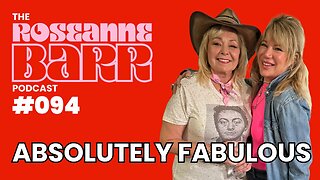 1:26:01
1:26:01
Roseanne Barr
10 hours ago $19.06 earnedAbsolutely Fabulous W/ Shannon Hughey #94
73.6K22 -
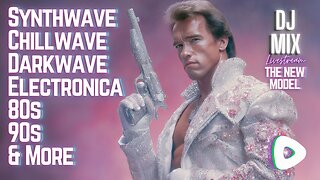 4:53:16
4:53:16
SynthTrax & DJ Cheezus Livestreams
21 hours agoFriday Night Synthwave 80s 90s Electronica and more DJ MIX Livestream THE NEW MODEL - Variety Edition
41.9K7 -
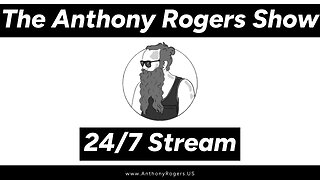 LIVE
LIVE
Anthony Rogers
1 day agoAnthony Rogers Show - 24/7 Stream
467 watching -
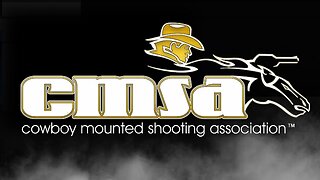 2:11:55
2:11:55
Total Horse Channel
15 hours ago2025 CMSA Extravaganza | Mounted Shooting
42.3K1 -
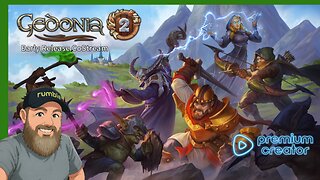 4:50:33
4:50:33
VapinGamers
6 hours ago $3.09 earnedGedonia 2 - Early Release Preview and Co-Stream! - !game #Sponsored
47K -
 1:32:39
1:32:39
Glenn Greenwald
11 hours agoWeek in Review: Trump's Tariffs, Ukraine Negotiations, Possibility of War with Iran, and More with Glenn Greenwald, Lee Fang, & Michael Tracey | SYSTEM UPDATE #438
135K58 -
 5:01:00
5:01:00
EnDuEnDo
5 hours ago🚨Vairety Stream 🎮 Push to 500 Followers 🚀 Chill Vibes 😎
23.2K1 -
 4:25:53
4:25:53
Nerdrotic
11 hours ago $37.35 earnedMarvel Is SCREWED | Daredevil Afterbirth | G20 is ABSOLUTE Cinema - Friday Night Tights 349 w MauLer
140K32